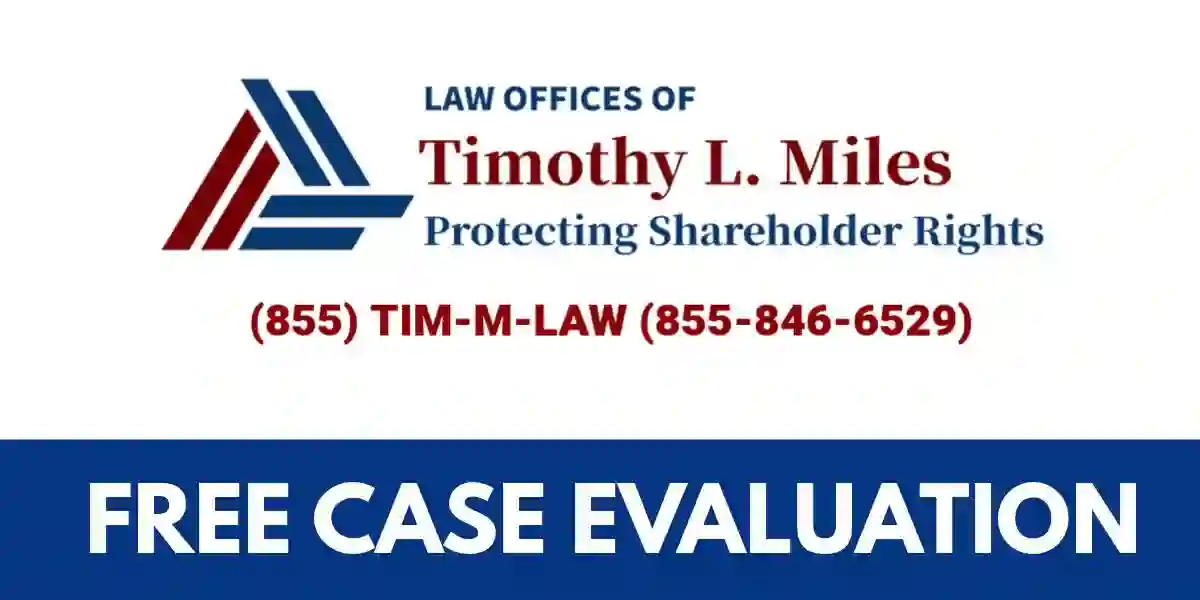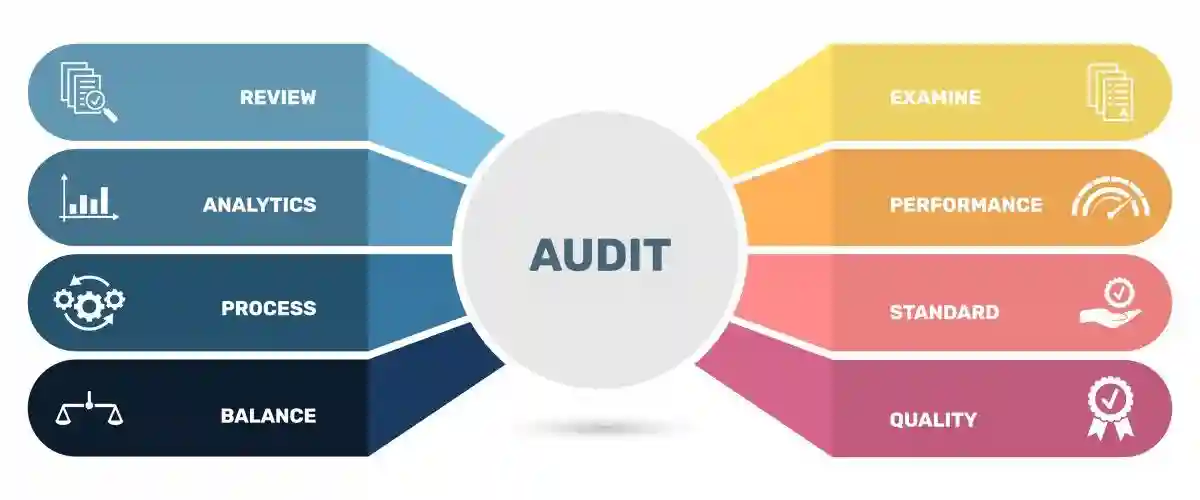Introduction to Securities Litigation
- Securities Litigation Is a Deterrent to Fraud: Securities litigation acts as a deterrent to fraud by holding individuals and companies accountable for misconduct like insider trading and accounting fraud. Through investor lawsuits, regulatory actions, and penalties, it discourples future fraudulent behavior, protects investors, and helps ensure market integrity.
- Securities Litigation: Plays a pivotal role in maintaining the integrity of financial markets. At its core, it involves legal actions taken against individuals or entities involved in fraudulent activities related to securities, such as stocks and bonds. As an investor, understanding the nuances of securities fraud litigation can empower you to make informed decisions and protect your investments from potential fraud.
- The Securities Landscape: The landscape of securities litigation is constantly evolving. With increasing complexity in financial transactions, regulatory frameworks are continuously updated to address new challenges. This dynamic nature makes it imperative for you to stay informed about the latest developments and trends in securities fraud litigation.
- A Powerful Tool: Moreover, securities fraud litigation serves as a powerful tool for enforcing compliance and ethical standards within the financial industry. By holding wrongdoers accountable, it not only compensates victims but also deters would-be fraudsters from engaging in deceptive practices. As you navigate the world of investments, appreciating the importance of securities litigation can significantly bolster your financial strategy.
- Impact: The impacts of securities fraud litigation extend beyond financial loss. The reputational damage can be long-lasting, affecting investor confidence and market perception. Companies embroiled in litigation often face increased scrutiny from regulators, further complicating their operational landscape. Additionally, the costs associated with defending such lawsuits can drain resources, diverting attention away from core business activities and impeding growth.

Understanding Fraud in the Context of Securities
- Fraud in the securities sector typically involves deceptive practices aimed at manipulating market prices or misleading investors. This can take various forms, such as insider trading, accounting fraud, and Ponzi schemes. As an investor, recognizing these deceptive practices is crucial in safeguarding your interests and ensuring the integrity of your investments.
- One common type of fraud is accounting fraud, where companies falsify financial statements to present a more favorable image to investors. This can lead to inflated stock prices and ultimately result in significant financial losses for unsuspecting investors. Being aware of such tactics can help you identify red flags and make more informed investment decisions.
- Another prevalent form of fraud is insider trading, where individuals with non-public information about a company use it to gain an unfair advantage in the stock market. Such practices undermine the level playing field essential for fair trading. Understanding these fraudulent activities is vital in comprehending the broader implications of securities litigation as a deterrent to fraud.
The Role of Securities Litigation as a Deterrent to Fraud
- Securities litigation serves as a formidable deterrent to fraudulent activities within the financial markets. By imposing legal consequences on those who commit fraud, it discourages potential wrongdoers from engaging in deceptive practices. As an investor, this legal framework provides you with an added layer of protection against financial malfeasance.
- The deterrent effect of securities fraud litigation is amplified by the substantial penalties and reputational damage that accompany successful lawsuits. Companies and individuals found guilty of fraud face severe financial penalties, which can be a significant deterrent to future misconduct. This underscores the importance of robust securities fraud litigation in maintaining market integrity.
- Moreover, securities fraud litigation contributes to a culture of transparency and accountability within the financial industry. By holding corporations and individuals accountable for their actions, it fosters trust and confidence among investors. As you engage with the financial markets, understanding the role of securities fraud litigation can enhance your ability to navigate potential risks effectively.
Examination of Internal Controls in Preventing Accounting Fraud
- Internal controls are essential mechanisms within organizations that prevent and detect accounting fraud. These controls are designed to ensure the accuracy and reliability of financial reporting, thereby safeguarding the interests of investors like you. By understanding the importance of internal controls, you can better assess the financial health of potential investments.
- Effective internal controls include a range of measures such as segregation of duties, regular audits, and comprehensive financial reporting. These measures are implemented to minimize the risk of fraudulent activities and ensure compliance with regulatory standards. As an investor, recognizing companies with strong internal controls can guide you in making safer investment choices.
- In addition to preventing fraud, internal controls also play a crucial role in enhancing corporate governance. They establish a framework for accountability and transparency, which are vital for maintaining investor confidence. By prioritizing investments in companies with robust internal controls, you can mitigate the risks associated with accounting fraud and bolster your investment portfolio.
Key Regulatory Bodies and Their Impact on Securities Litigation
- Regulatory bodies play a critical role in shaping securities litigation by establishing and enforcing rules that govern financial markets. These organizations, such as the Securities and Exchange Commission (SEC) in the United States, are tasked with protecting investors and ensuring fair and efficient markets. Understanding their impact on securities fraud litigation is crucial for informed investing.
- The SEC, along with other regulatory agencies worldwide, is responsible for investigating potential securities fraud and taking appropriate enforcement actions. These actions can include civil penalties, injunctions, and referrals for criminal prosecution. As an investor, staying informed about the activities of these regulatory bodies can provide valuable insights into market integrity.
- Moreover, regulatory bodies also influence the development of securities fraud litigation by setting precedents through landmark cases. These cases can shape future legal interpretations and enforcement priorities. By keeping abreast of regulatory trends, you can better understand the evolving legal landscape and its implications for your investment strategies.
Trends and Insights for 2025: What to Expect
- As we look toward 2025, several trends and insights are shaping the future of securities litigation. One significant trend is the increasing use of technology in detecting and preventing fraud. Advanced data analytics and artificial intelligence are being leveraged to identify suspicious activities and enhance regulatory compliance, offering you a more secure investment environment.
- Another trend is the globalization of securities markets, which introduces new challenges and opportunities for litigation. Cross-border transactions require harmonized regulatory frameworks to address fraud effectively. As an investor, understanding these global dynamics can equip you with the knowledge needed to navigate international markets safely.
- Furthermore, there is a growing emphasis on environmental, social, and governance (ESG) factors in securities litigation. Investors and regulators alike are increasingly focused on holding companies accountable for their ESG practices. By aligning your investment strategies with these trends, you can position yourself for success in an evolving financial landscape.
Case Studies: Successful Securities Litigation Outcomes
- Examining successful securities litigation cases provides valuable insights into the effectiveness of legal actions in deterring fraud. One notable case is the Enron scandal, where fraudulent accounting practices led to the company’s collapse. The subsequent litigation resulted in significant penalties for those involved, underscoring the power of securities litigation in holding fraudsters accountable.
- Another impactful case is the WorldCom scandal, where accounting irregularities were uncovered, leading to one of the largest bankruptcy filings in history. The resulting litigation not only compensated investors but also led to increased scrutiny and regulatory reforms within the telecommunications industry. As an investor, understanding these cases can help you appreciate the importance of securities litigation in protecting your financial interests.
- These case studies highlight the role of securities fraud litigation in promoting transparency and accountability within the financial sector. By studying these examples, you can gain a deeper understanding of how legal actions can deter fraud and enhance market integrity, ultimately aiding you in making informed investment decisions.
The Importance of Compliance and Ethical Standards
- Compliance and ethical standards are fundamental to preventing fraud and ensuring the integrity of financial markets. Organizations that prioritize these standards demonstrate a commitment to transparency and accountability, which are essential for maintaining investor trust. As an investor, recognizing companies with strong compliance and ethical practices can guide you in making safer investment choices.
- Adherence to regulatory requirements and ethical principles not only prevents fraud but also enhances corporate reputation. Companies that uphold high standards are more likely to attract investors and foster long-term success. By prioritizing investments in organizations with robust compliance frameworks, you can reduce the risks associated with fraudulent activities.
- Moreover, promoting a culture of ethics and compliance within the financial industry is crucial for sustainable growth. It encourages responsible behavior and deters individuals from engaging in unethical practices. As you navigate the complexities of the financial markets, emphasizing compliance and ethical standards can significantly enhance your investment strategy.
Future Challenges in Securities Litigation and Fraud Prevention
- Despite its effectiveness, securities litigation faces several challenges in the fight against fraud. One major challenge is the increasing complexity of financial instruments and transactions. As markets evolve, so do the methods used by fraudsters, necessitating continuous adaptation of legal frameworks. Staying informed about these challenges can help you better navigate potential risks as an investor.
- Another challenge is the globalization of financial markets, which introduces jurisdictional complexities in securities litigation. Cross-border transactions require coordinated efforts among regulatory bodies to address fraud effectively. Understanding these international dynamics is essential for investors seeking opportunities in global markets.
- Additionally, advancements in technology, while beneficial, also pose new challenges for fraud prevention. Cybersecurity threats and digital fraud require innovative solutions and regulatory oversight. As you engage with the financial markets, staying updated on technological developments and their implications can help you mitigate risks and protect your investments.
Conclusion: The Evolving Landscape of Securities Litigation
- The landscape of securities litigation is continually evolving, driven by technological advancements, regulatory changes, and global market dynamics. As an investor, understanding these developments is crucial for navigating the complexities of financial markets and protecting your investments from fraud.
- Securities litigation serves as a powerful deterrent to fraudulent activities, promoting transparency, accountability, and ethical behavior within the financial sector. By staying informed about the latest trends and challenges, you can make more informed investment decisions and enhance your financial strategy.
- In conclusion, as you look to the future, prioritize investments in companies that uphold strong compliance and ethical standards. Embrace technological advancements to enhance your fraud detection capabilities and stay updated on global regulatory trends. By doing so, you can effectively navigate the evolving landscape of securities litigation and safeguard your financial interests.
Contact Timothy L. Miles Today for a Free Case Evaluation
If you suffered substantial losses and wish to serve as lead plaintiff in a securities class action, or have questions about securities class action settlements, or just general questions about your rights as a shareholder, please contact attorney Timothy L. Miles of the Law Offices of Timothy L. Miles, at no cost, by calling 855/846-6529 or via e-mail at [email protected]. (24/7/365).
Timothy L. Miles, Esq.
Law Offices of Timothy L. Miles
Tapestry at Brentwood Town Center
300 Centerview Dr. #247
Mailbox #1091
Brentwood,TN 37027
Phone: (855) Tim-MLaw (855-846-6529)
Email: [email protected]
Website: www.classactionlawyertn.com
Facebook Linkedin Pinterest youtube
Visit Our Extensive Investor Hub:
Learning for Informed Investors






